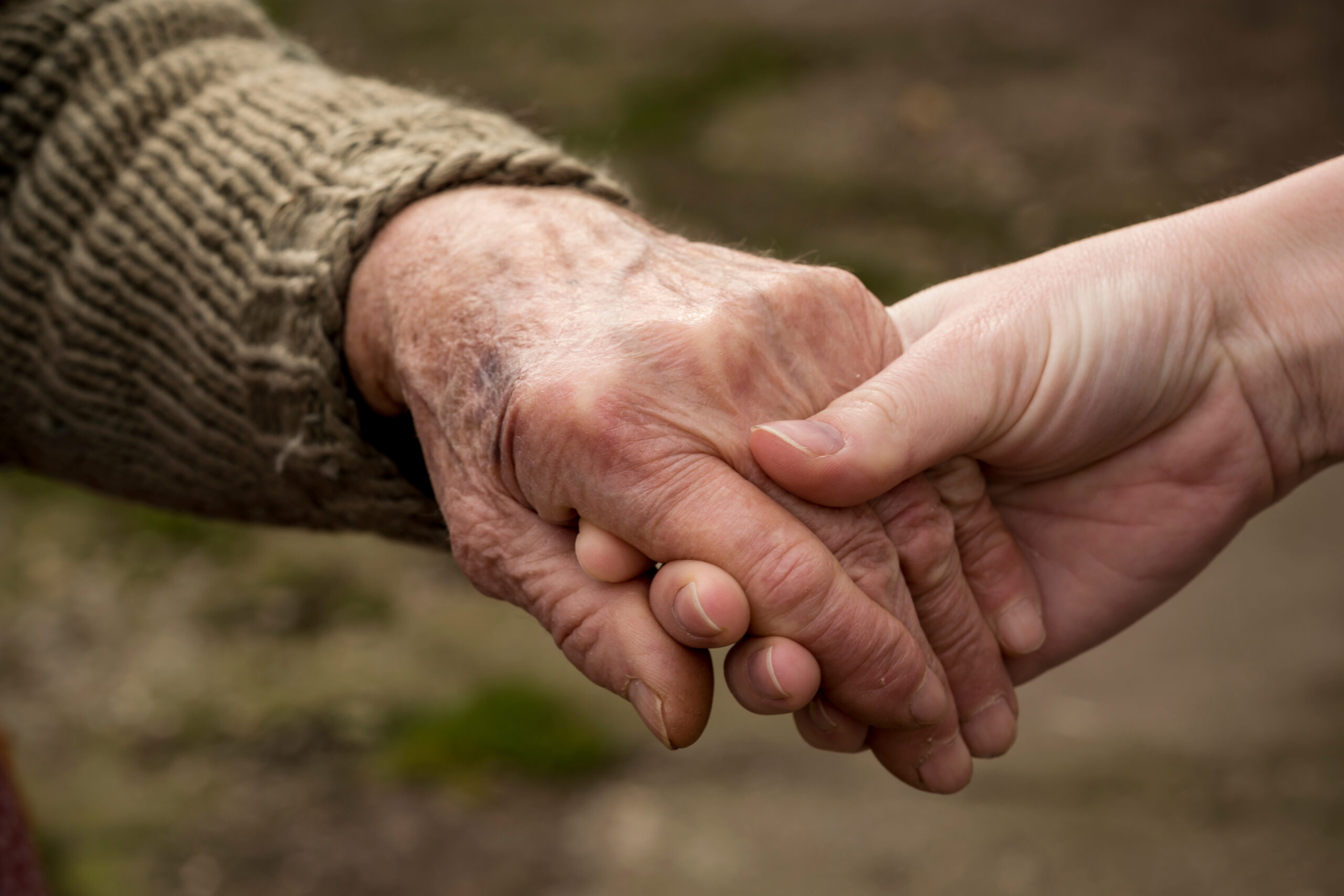Medicaid’s Support for Personal Care and Companion Services
Medicaid plays a crucial role in helping people who need support with daily activities through personal care and companion services. These services are designed to assist individuals who may have difficulty managing everyday tasks on their own due to age, disability, or health conditions.
**What Are Personal Care and Companion Services?**
Personal care services include help with basic activities like bathing, dressing, eating, using the bathroom, and moving around safely. Companion services provide nonmedical support such as companionship, supervision, meal preparation, light housekeeping, and assistance with errands. These types of care help people stay comfortable and safe in their own homes instead of moving to nursing homes or other institutions.
**How Does Medicaid Support These Services?**
Medicaid covers both medical and some nonmedical home care needs for eligible individuals. While Medicaid primarily pays for medically necessary home health care provided by licensed professionals (like nurses or therapists), many state Medicaid programs also cover personal care and companion services that do not require medical expertise[1]. This means that if you qualify for Medicaid in your state, you might receive financial help for caregivers who assist with daily living tasks at home.
Each state runs its own Medicaid program within federal guidelines. Because of this flexibility:
– Some states pay family members or friends to provide personal care if they meet certain requirements.
– Coverage details vary widely depending on where you live.
– The goal is often to keep people independent at home as long as possible rather than placing them in nursing facilities[3][4].
**Who Qualifies?**
Eligibility depends on income level, medical condition severity, age (often seniors 55+), and risk factors like potential nursing home placement[3][4]. If someone qualifies for Medicaid’s Home and Community-Based Services (HCBS) waivers or programs like PACE (Program of All-Inclusive Care for the Elderly), they can get access to these supportive services tailored specifically to their needs.
**Why Is This Important?**
By covering personal care and companion services:
– People maintain dignity by receiving help in familiar surroundings.
– Families get relief knowing loved ones have professional support.
– It reduces costly hospital stays or institutionalization by providing early assistance at home.
In summary, Medicaid’s support for personal care and companion services is a vital resource that helps many Americans live safely at home despite health challenges. Since each state manages its program differently under federal rules,[1][3] it’s best to check local resources or speak with a Medicaid advisor about specific benefits available near you.





